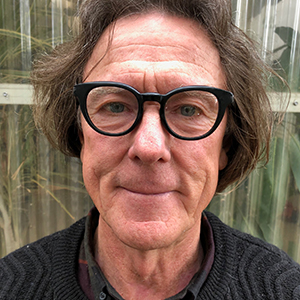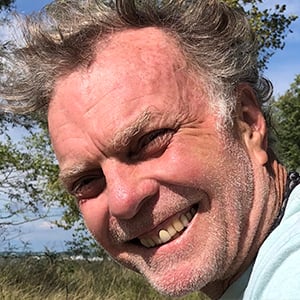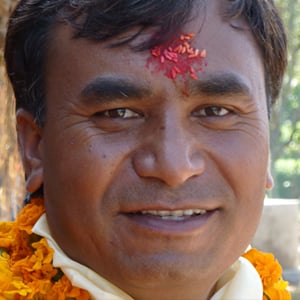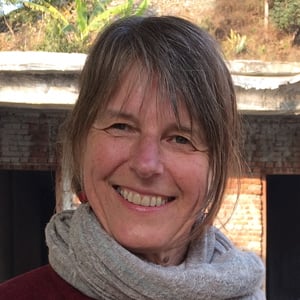Judges for the PPF Nepal Portable Handwashing Challenge

Grant Stewart
Grant has a background in plumbing and education as well as strong links to WorldSkills. He has worked full time as Plumber and a Plumbing teacher in various regions of Australia. While working in Zimbabwe on building classrooms, toilets and furniture projects in schools in the late 1990s he developed a strong interest in water and sanitation projects and sharing of skills that is ongoing.
Grant joined the International Association of lumbing and Mechanical Officials, now the International Water, Sanitation and Hygiene Foundation, in late 2013 and has worked with the World Plumbing Council, Healthabitat, RMIT and WorldSkills on many projects including sanitation studios in Nepal and the Community Plumbing Challenge in India, South Africa, Indonesia and the Navajo Nation in the USA.

Adrian Welke
Adrian Welke is an award winning design architect who has established through Troppo Architects a practice that is nationally and internationally recognised for its approach to environmentally sustainable, responsive architecture. He has worked extensively with, and alongside, Paul Pholeros/Healthabitat on a wide range of community health programs including: Housing for Health R&D program – modular wet area; remote Aboriginal community clinics, Aged Care centre and staff housing; and modular community housing.
Adrian has also worked on various international water and sanitation programs including: a composting toilet program in Papua New Guinea (PNG) with Sago Network; community and school toilet and handwashing services, also in PNG; and Community Plumbing Challenges with the International Association of Plumbing and Mechanical Officials – public toilet upgrades in South Africa and school toilets in Jakarta.

Tony Davies
As a mechanical and civil engineer, Tony Davies has spent more than 40 years working primarily in Aboriginal and remote communities across Australia, with some time spent in USA and Bangladesh. While providing infrastructure and housing support, his work focussed on water and wastewater solutions for communities where water was in short supply and maintenance was not regularly available. His activities focus on projects where there will be a strong community engagement which permits community ownership as a long-term outcome.
He is attracted to the development of elegant solutions which address a strong connection between technology, environment, and local expertise leading to a sustainable outcome.

Bishnu Shrestha
Bishnu is based in Kathmandu, Nepal, and has been the implementing partner for overseas aid projects run by Rotary Australia World Community Service for more than 25 years, and by Paul Pholeros/Healthabitat in more recent years. While his essential training as a Dental Assistant provided him with clinical delivery skills, he has taken on greater responsibilities as the projects have grown in complexity over time.
He has worked with the Paul Pholeros Foundation as Nepal coordinator since 2018 and is also the project manager for village and school based sanitation projects, supervisor of earthquake reconstruction in remote villages since 2015, organiser of remote dental program services to remote hilly regions in Nepal that focus on prevention for school aged children, as well as owner of a private dental practice in Kathmandu.

Sandra Meihubers
Sandra Meihubers AM, a dentist, has had a career long commitment to improving oral health in remote Aboriginal communities, often in resource-challenged environments and using mobile and portable dental equipment.
In the past 20 years she has established and managed projects focussed on rural and remote communities and local skills, in Nepal, Timor L’este and Bangladesh. She was a consultant with (the previous) AusAID in Papua New Guinea, Fiji and Timor L’este, and as part of a Churchill Fellowship she participated in remote area dental programs in Brazil and Canada. In Nepal the dental work is married to a village based sanitation program, this “teeth and toilets” focus affording opportunities to address basic hygiene issues as well as providing the added benefit of dental care.
